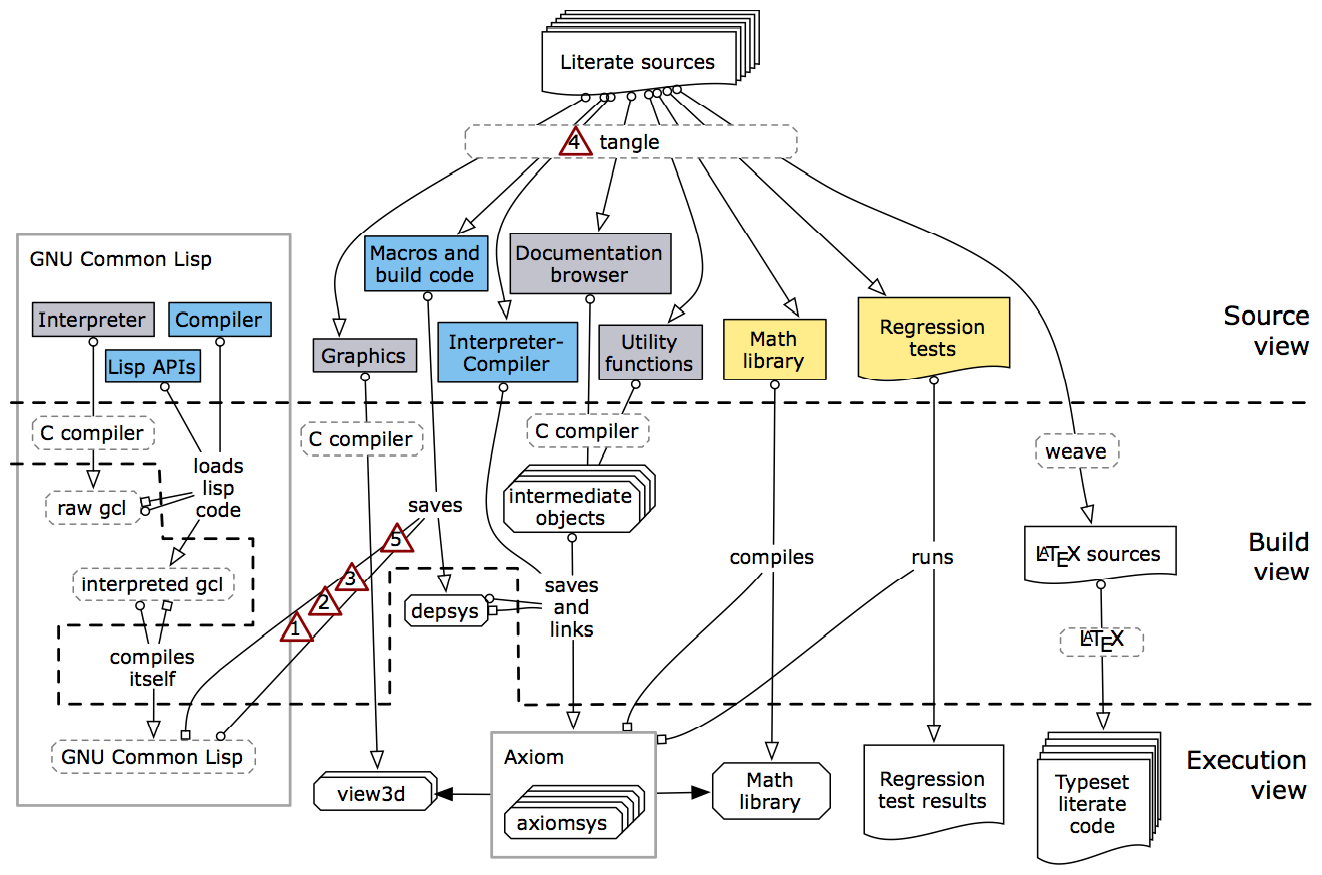Andrew NeitschContactandrew@neitsch.ca Phone calls are welcome! Email me if you need my number. |
ResearchIn grad school, I studied software engineering to help become better at writing software. I focused on build systems because I find them to be a big pain, but a big pain that’s absolutely worth it if done right. Usually you either spend too much time figuring out the build system at the start when there’s more important stuff to work on, or you end up wasting more time later on and getting frustrated with a poor build system that’s slow and occasionally fails to incorporate your latest changes. But when you have a great build system that instantly reflects all your source code changes in a running system, and gathers warnings and errors in an easy-to-remedy way—programming is just so much easier and more fun. Master’s ThesisBuilding programs that use multiple programming languages is more complicated than the normal single-language case. By studying multilanguage build systems, what can we learn about build systems in general? By comparing the build systems of a sample of different multilanguage software packages, I found a set of common techniques for causing and solving build problems, and a possible explanation for why previous quantitative work has found that centralizing responsibility for the build system reduces overall build maintenance. Because build systems are seen as secondary and relatively unimportant, people don’t usually focus on them. They reuse design decisions and abstractions from the application domain in the build system. The build system for Python is Pythonic and build systems for CORBA-based software use CORBA patterns. This phenomenon is beneficial if the application domain is systems-type software with the emphasis on correctness that build systems require, but if the application domain is something else, this phenomenon is likely to result in lower-quality builds. You can counter this by having specific build experts who work primarily on the build system, rather than sharing responsibility for the build system among all developers. Downloads
AbstractBuilding software from source is often viewed as a “solved problem” by software engineers, as there are many mature, well-known tools and techniques. However, anecdotal evidence suggests that these tools often do not effectively address the complexities of building multilanguage software. To investigate this apparent problem, we have performed a qualitative study on a set of five multilanguage open source software packages. Surprisingly, we found build system problems that prevented us from building many of these packages out-of-the-box. Our key finding is that there are commonalities among build problems that can be systematically addressed. In this paper, we describe the results of this exploratory study, identify a set of common build patterns and anti-patterns, and outline research directions for improving the build process. One such finding is that multilanguage packages avoid certain build problems by supporting compilation-free extension. As well, we find evidence that concerns from the application and implementation domains may “leak” into the build model, with both positive and negative effects on the resulting build systems. CitationAndrew Neitsch, Kenny Wong, and Michael W. Godfrey. “Build System
Issues in Multilanguage Software”, Proceedings of the 2012 28th
IEEE International Conference on Software Maintenance (ICSM 2012), Riva
del Garda, Trento, Italy, September 2012.
http://hdl.handle.net/10.1109/
|
Stack OverflowStack Overflow is an extremely useful site where people answer programming questions. I use it all the time to search for the answers to problems I run into while programming. Sometimes I answer questions there too, in order to earn imaginary “points.” Here are some of the more interesting questions that I’ve answered there: 10683941: Clearing memory securely and reallocations Q: I have a password in memory, and I’m doing all the right stuff to zero it from memory. Yet if I dump core on the program, the password still shows up in the core dump! What’s going on? A: When you 14574109: SimpleDateFormat Exception on setting lenient to false Q: I’m trying to parse the date 2012-03-11 2:46 a.m. in Java, with a
A: That day was daylight savings time change day, so times between
2:00 a.m. and 3:00 a.m. don’t actually exist. Huh. I’ll have to remember to
14514997: Reopen a file descriptor with another access? Q: On Linux, a file has been deleted from disk, but there is still one process that has the file open for writing. Is there any way to get the file back? A: Sure! Reopen the deleted file via 1259084: What encoding/code page is cmd.exe using Q: The Windows console is terrible at dealing with Unicode. Sometimes it seems capable of printing Unicode properly, but most of the time I get gibberish. How can I make it work? A: If you open
|
PhotographyI don’t spend much time on this anymore, but here are some photos I’ve taken over the years. 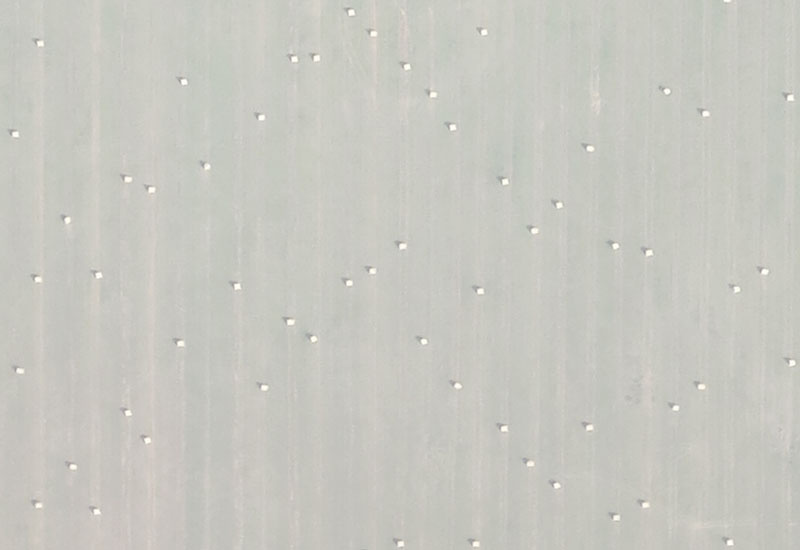 Harvest Time, 2015
Harvest Time, 2015
 Lake Louise, 2013
Lake Louise, 2013
 New York rain, 2006
New York rain, 2006
 Dew, 2008
Dew, 2008
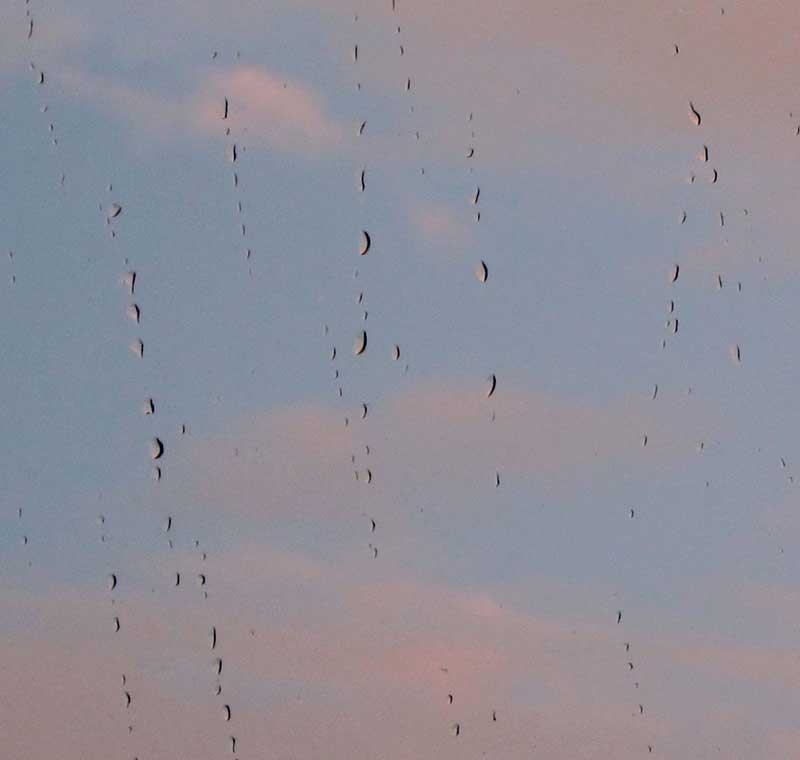 Untitled, 2010
Untitled, 2010
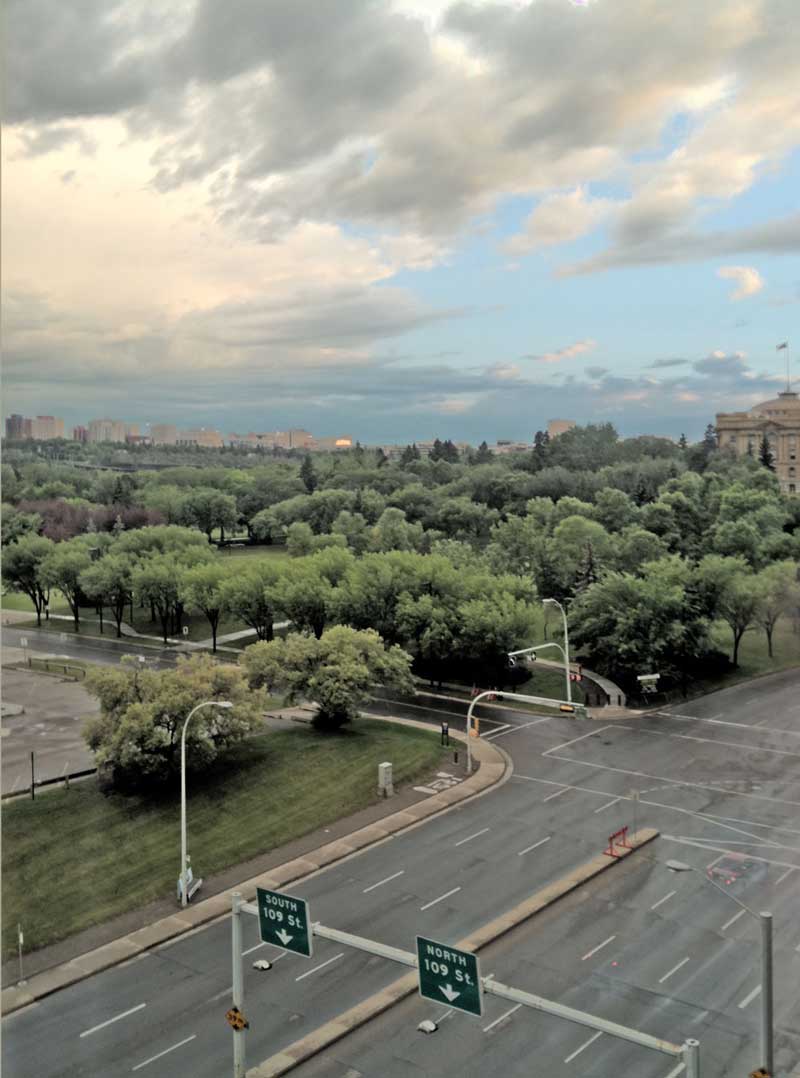 View to the southwest, 2010
View to the southwest, 2010
 Observation deck, 2009
Observation deck, 2009
 Wheat, 2012
Wheat, 2012
 Purple texture, 2011
Purple texture, 2011
 Thruway 3, 2011
Thruway 3, 2011
 Empire rainbow, 2010
Empire rainbow, 2010
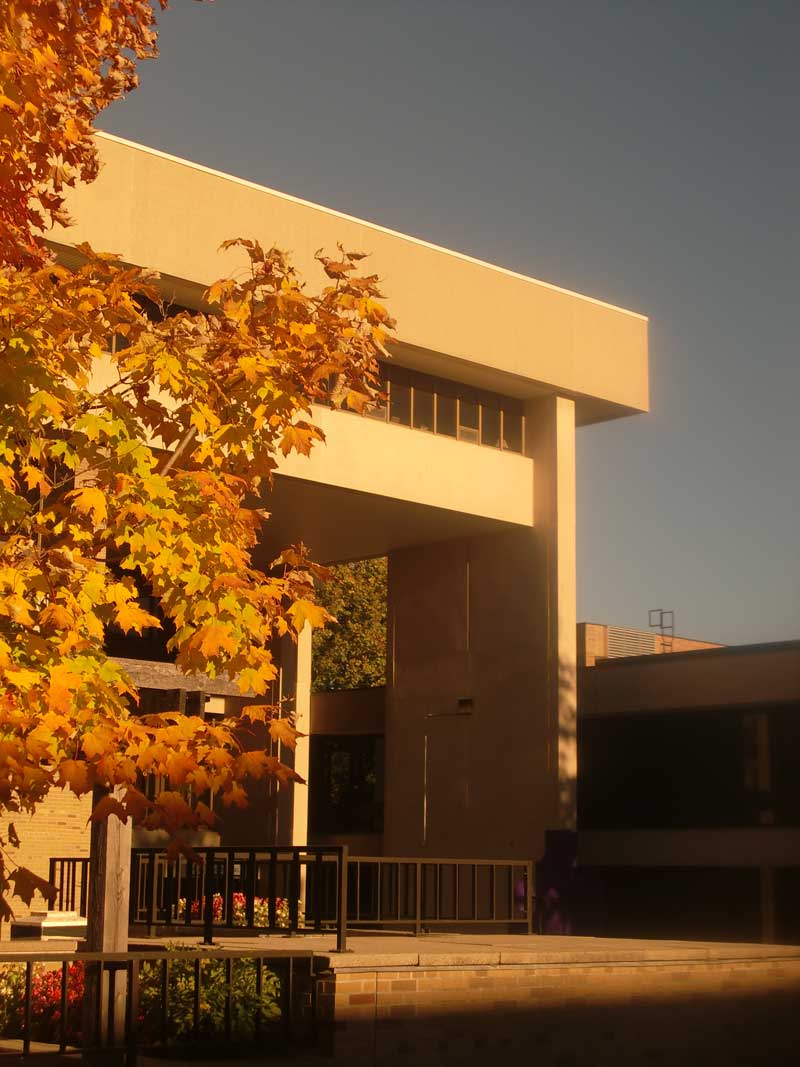 Brutalism, 2010
Brutalism, 2010
 Morning light, 2010
Morning light, 2010
 An airplane flew between my telescope and the moon during the
eclipse, 2008
An airplane flew between my telescope and the moon during the
eclipse, 2008
Thank you for visiting. Copyright © 2002–2025 Andrew
Neitsch. All rights reserved.
|
